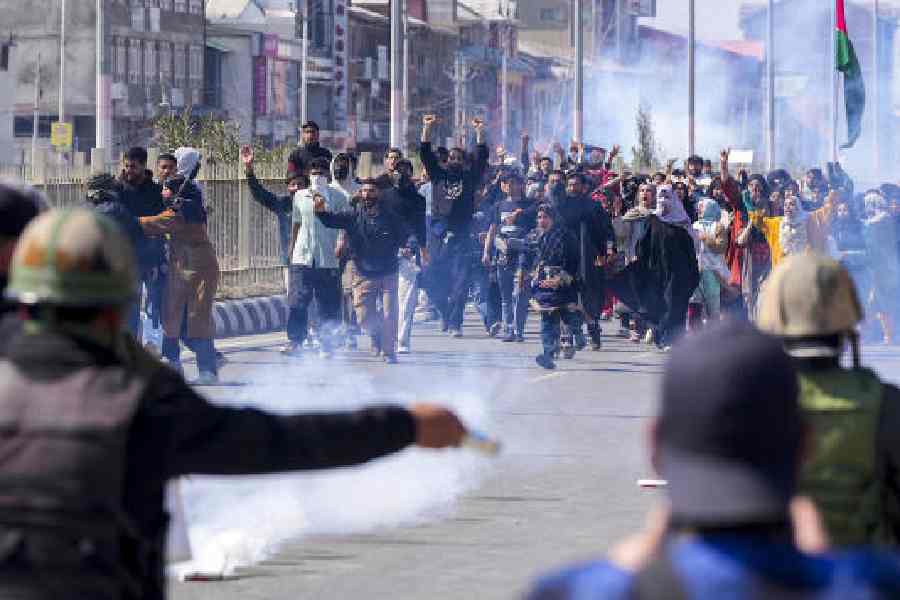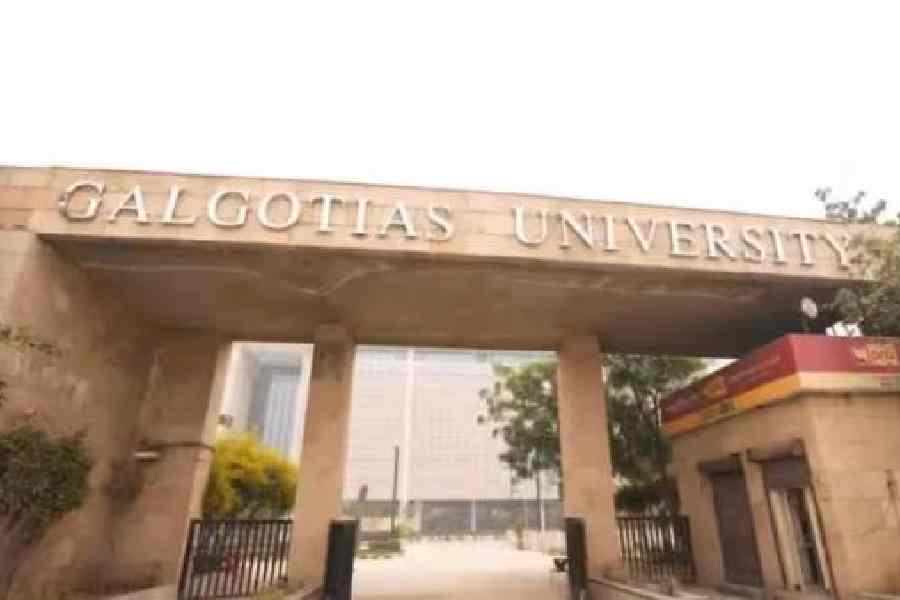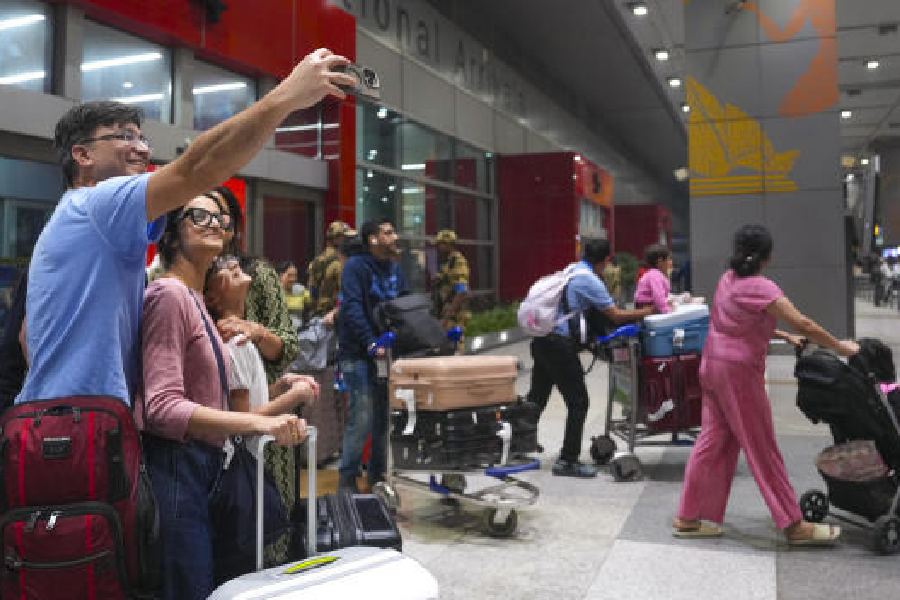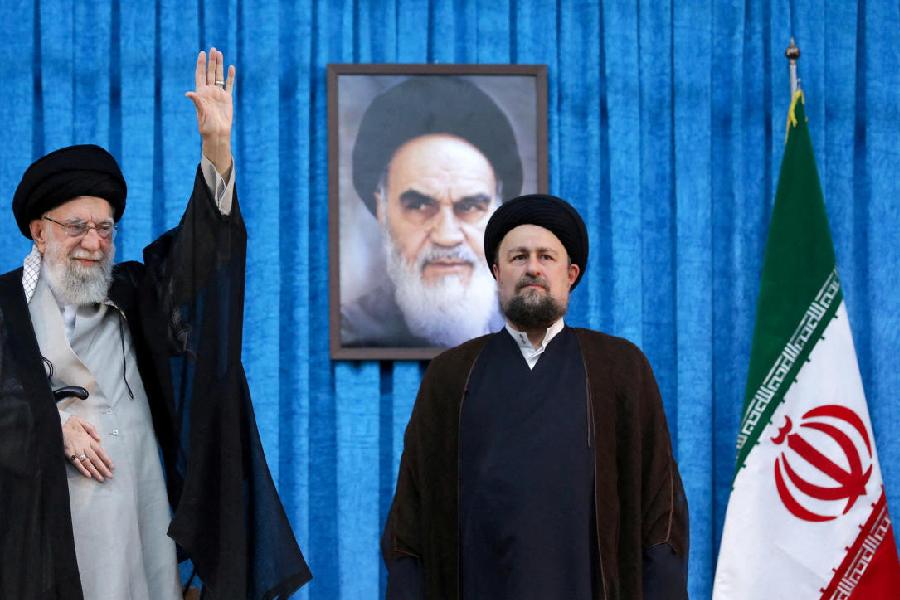 |
| Rescued flesh trade victims at a police station near the India-Nepal border in Raxaul. Picture by Jai Prakash |
Raxaul, July 12: The human traffickers are cashing in on the open border between India and Nepal in Raxaul. A survey report of a non-government organisation (NGO) working for the cause of flesh trade victims claimed this.
Suman Paswan, the secretary of the NGO Dalit Mahila Jan Kalyan Sansthan, has claimed in the report that nearly 80 per cent of the women and girls involved in the flesh trade in India hailed from Nepal. He said around 1.5 lakh Nepalese girls were lured to Indian on one pretext or the other every year and were finally handed over to different gangs every year.
The open border makes the job of the traffickers easier. According to Suman, petty gangs lure the families residing near the hilly regions of Nepal offering jobs to their women members. Once the women are trapped, they are sent to syndicates involved in flesh trade in Mumbai and Delhi.
Besides, the girls are also taken to the Middle East, which too has a lucrative market for flesh trade. Suman said before taking delivery of the girls, Rs 10,000 to Rs 15,000 in Indian currency is paid as advance to their guardians.
Suman lamented that despite the international treaty among the India-Nepal governments to check human trafficking, it is effective in limited places.
Speaking about a recent meeting convened at hotel Maurya in Patna on June 2 to discuss the issue of human trafficking, Suman said he had proposed maximum involvement of police in checking human trafficking in the bordering districts.
Welfare officers and at least two NGOs working in the border districts, social welfare minister Parveen Amanullah and principal secretary of the department Amitabh Verma had participated in the meet.
Suman told The Telegraph: “I had suggested in the June 2 meeting that apart from the police inspectors and deputy superintendents of police (DSPs), who are entitled to institute cases against the human traffickers, the government should make training compulsory for the judicial officers also.”
When Rajeev Ranjan, the Raxaul DSP, was contacted for comment regarding the desired assistance expected from the police in the rescue of the human trafficking victims, he said: “Such cases are mostly reported from railway stations. Hence, the cases are registered with the Government Railway Police.”
Ranjan added: “Once such a case comes to our notice, the police not only indulge in hectic exercise to rescue the victims but also initiates the toughest legal action possible against the guilty. I have asked the police to remain on constant vigil in this sensitive border sub-division to keep a check on the crime,” he added.










